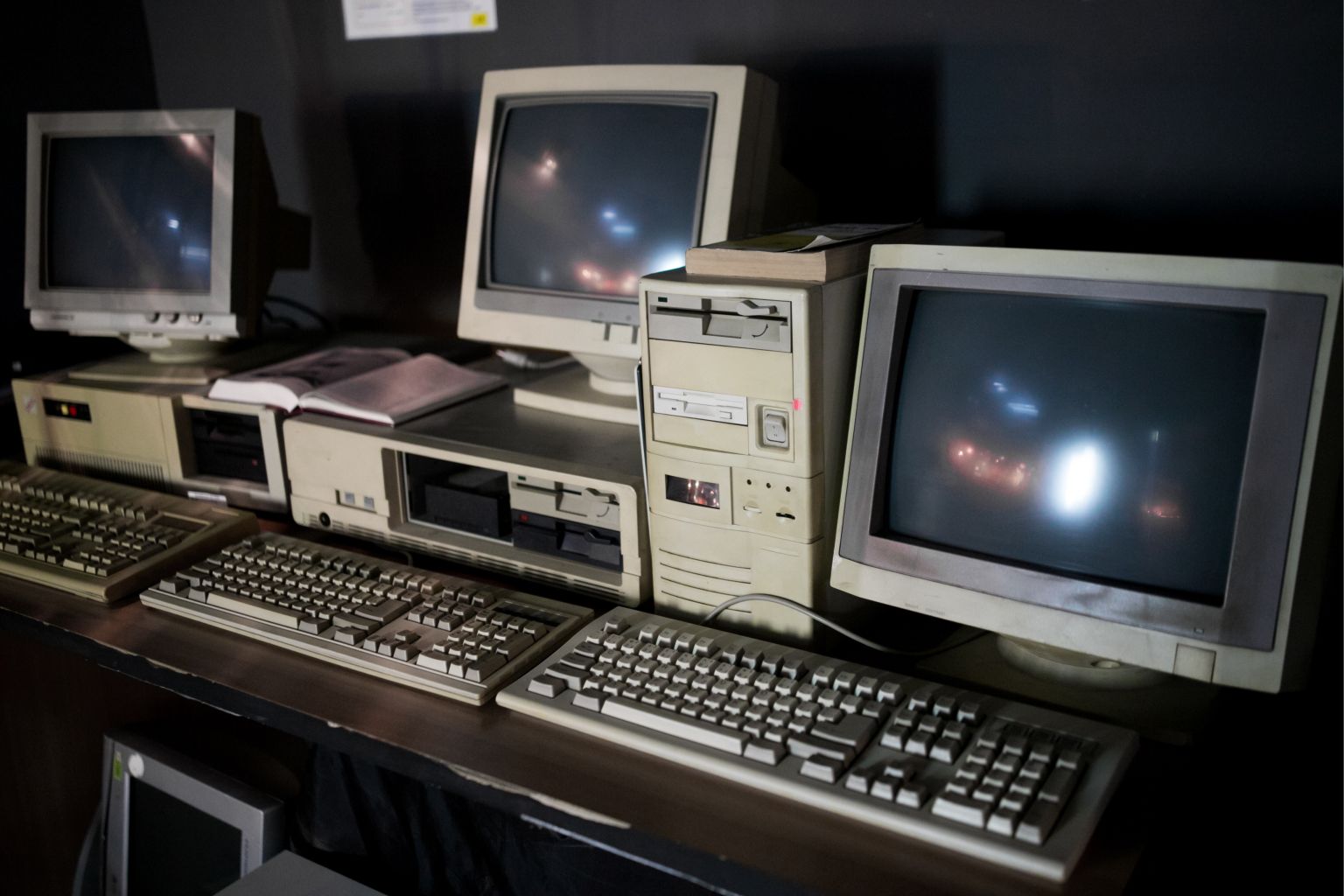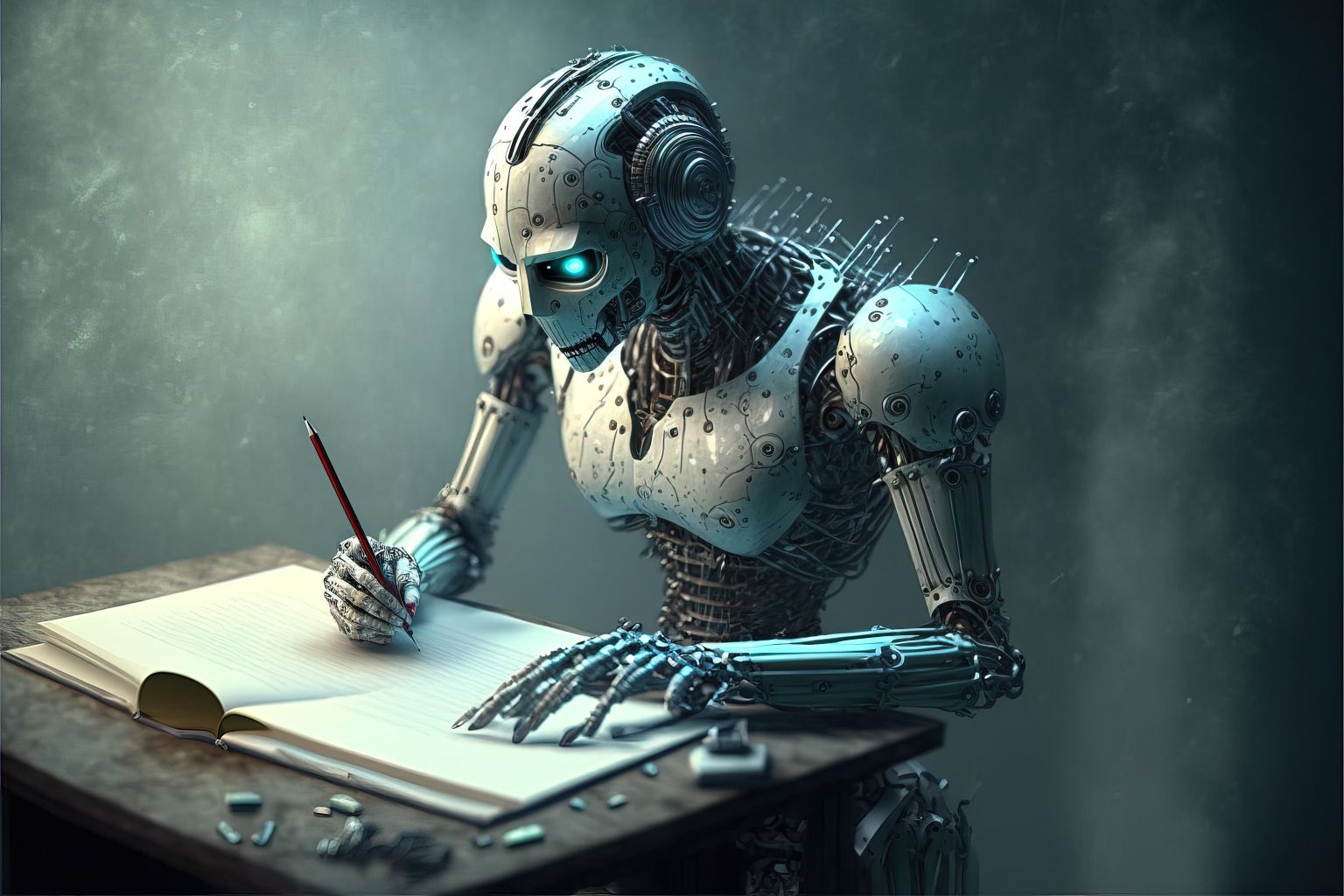Introduction:
From primitive counting devices to the sophisticated machines of today, the history of computers is a testament to humanity's relentless pursuit of innovation and progress. As these technological marvels have evolved, so too have their applications, shaping our world in ways both subtle and profound. In this blog, we will embark on a journey through time, exploring key milestones in the evolution of computing.
Ancient Origins: The Abacus and Beyond
The roots of computing can be traced back thousands of years to the invention of the abacus, a simple counting tool that laid the foundation for arithmetic and mathematical thinking. As civilizations advanced, a variety of mechanical computing devices emerged, such as the Antikythera mechanism, an ancient Greek astronomical calculator, and the astrolabe, a navigational instrument used by early astronomers and explorers.
The Age of Mechanical Computers
The 19th century marked a turning point in computing history, as inventors and engineers developed groundbreaking mechanical computers. Charles Babbage's Analytical Engine, though never fully realized, was a remarkable conceptual leap, envisioning a programmable machine with a central processing unit and memory. Another notable invention was the Jacquard loom, which used punch cards to control intricate weaving patterns, foreshadowing the era of programmable machines.
The Advent of Electronic Computers
The 20th century ushered in the age of electronic computers, which relied on vacuum tubes and transistors to perform complex calculations at unprecedented speeds. Key milestones included the development of the ENIAC, the world's first general-purpose electronic computer, and the invention of the transistor, which paved the way for smaller, more powerful computing devices.
The Rise of Personal Computers and the Internet
The latter half of the 20th century saw the democratization of computing with the introduction of personal computers, such as the Apple II and IBM PC. These machines revolutionized the way people worked, played, and communicated, setting the stage for the digital age. The birth of the internet further transformed the computing landscape, connecting computers across the globe and giving rise to a vast array of new technologies and applications.
Modern Computing: A World of Possibilities
Today's computers are marvels of engineering, boasting unparalleled processing power, storage capabilities, and versatility. From smartphones and tablets to quantum computers and artificial intelligence, the modern era of computing is defined by constant innovation and evolution. As we continue to push the boundaries of what is possible, we stand poised to unlock even greater potential and reshape our world in unimaginable ways.
Conclusion:
The history of computers is a rich tapestry of human ingenuity and progress, chronicling our ever-expanding capacity to harness the power of technology. As we reflect on this remarkable journey, we must also look to the future, embracing the challenges and opportunities that lie ahead in our ongoing quest for knowledge and understanding.

